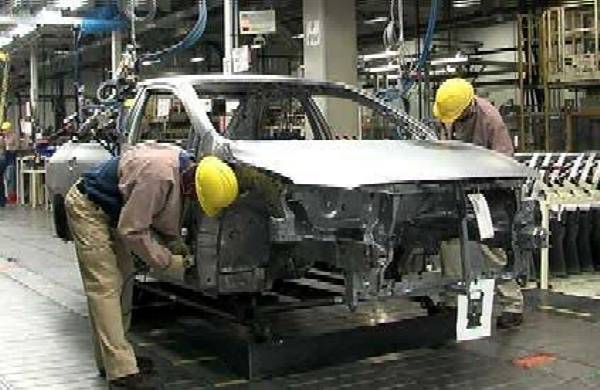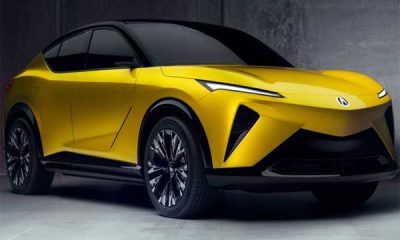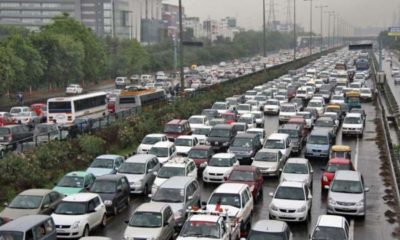THIS is not the best of times for Nigeria as a country as there has hardly been any cheery news about it in a long while.
The polity is suffused with depressive news that put the country on the spotlight for the wrong reasons. Another of such bad tidings doing the rounds now is that Toyota, arguably one of the biggest automakers in the world, has snubbed Nigeria and made Ghana its investment destination.
It will be recalled that Twitter did the same thing recently, and that was even before the imbroglio between it and the Presidency culminated in the official suspension of its platform in the country. In the recent past, too, quite a few multinational companies, including Dunlop, had also moved their operations from Nigeria to Ghana and there seems to be no end to the ugly trend.

Ironically, the Federal Government is piling up debts, both local and foreign, ostensibly to build economic infrastructure that would attract investors, but the multinational companies whose investments could bring a significant fillip to the domestic economy by way of employment generation and tax payments are unwilling to invest in the country.
Although the multinational companies are snubbing and denying the country of their investments, the bulk of their products and services would still have to be sold in Nigeria because of its huge market.
This unwholesome development is painful but it is by no means surprising. Naturally, investments are known to flow to climes where their owners could thrive without compromising their safety and that of the investments.
While the country is the largest economy in Africa with a huge and youthful population that should ordinarily be the toast of any investor, its reputation as a cesspit of corruption coupled with poor economic infrastructure has always discouraged foreign investors. And as if that is not enough, the worsening insecurity across the length and breadth of the country has compounded the already bad situation.

No rational investor will invest his/her capital in an atmosphere of topsy-turvy. Security of life and property must be assured before consideration is given to the potential yields from investments.
And for a polity that is more or less on tenterhooks and oscillating between peace and chaos, the gains of many years of business investments could be wiped out with the initial capital in a fit of momentary madness or revolt by the system. For example, in the aftermath of the #EndSARs protests of last year, there was hardly any investor operating in the country that did not assign a disproportionately huge weight to security in the matrix of their investment decisions.
This was the case not just because of the monumental and wanton destruction of lives and economic assets that attended the protests, but also, and more importantly because of, the sub-optimal official interventions during and after the protests. And that is in addition to the persistent and escalating insecurity occasioned by the activities of Boko Haram terrorists, bandits, killer herdsmen and kidnappers. Such an environment is clearly inclement for investments.
Credit: Tribune Editorial

 News1 week ago
News1 week ago
 Celebrities Auto1 week ago
Celebrities Auto1 week ago
 News1 week ago
News1 week ago
 News1 week ago
News1 week ago
 Celebrities Auto5 days ago
Celebrities Auto5 days ago
 Celebrities Auto1 week ago
Celebrities Auto1 week ago
 Concept Cars1 week ago
Concept Cars1 week ago
 Car Facts6 days ago
Car Facts6 days ago

